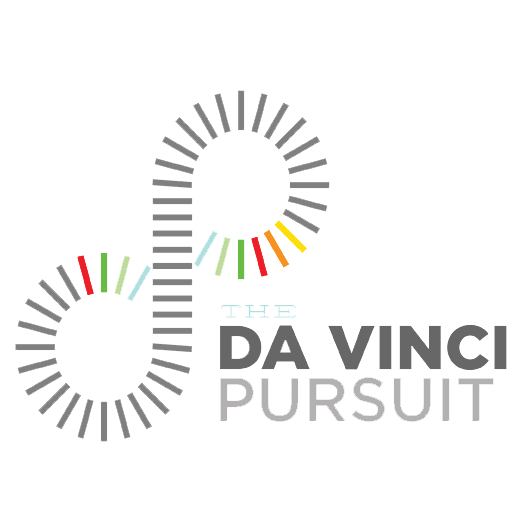
Population Vulnerability: How to Stop Misleading People About the Environment
Aired Saturday, May 27, 2023
Population Vulnerability: How to Stop Misleading People About the Environment
The Conversation
Talking about community engagement processes for the selection of environmental monitoring sites in Oregon. Owen is taking a novel approach to how we engage under-represented stakeholders in the regulatory process using the population vulnerability layer from census tracts. In each state there are people above the 80th percentile of people who identified as being people of color, didn’t graduate from high school, and less than half the federal poverty line. Utilizing a scheme scheme where primary colors that mark tracts where any one of those variables is above the 80th percentile, where secondary colors mark tracts where any two are, and black for tracts where all three exist. These populations are the most affected in terms of environmental justice and misleading or incorrect delivery of factual information about the community in which they live.





